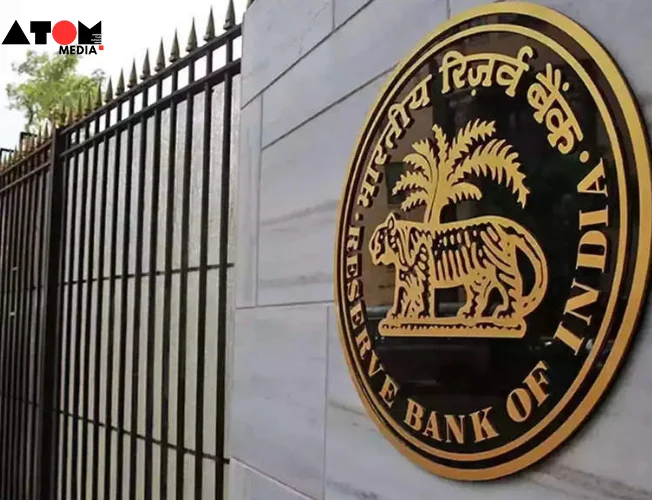The Reserve Bank of India (RBI), India’s central bank, has imposed a penalty on Yes Bank for violation of specific banking regulations. The penalty comes after a statutory inspection of Yes Bank’s books during the RBI’s supervisory evaluation for the 2022 financial year (FY22).
Non-Compliance with Minimum Balance Charges
A key area of non-compliance identified by the RBI involved Yes Bank’s practice of levying charges on savings accounts that had zero balance. The RBI guidelines clearly stipulate that banks can only charge customers for banking services if there is a sufficient balance in their accounts. If an account balance reaches zero, the bank is mandated to suspend its services, not incur additional charges.
These guidelines were established in 2014 to protect consumers from excessive fees, particularly those who might unintentionally fall below the minimum balance requirement. The RBI specifically emphasizes that a savings account balance should not turn negative solely due to charges levied for non-maintenance of minimum balance.
Unauthorized Use of Internal Accounts
The RBI also discovered that Yes Bank had opened and operated internal accounts in the names of customers. These accounts were allegedly used for unauthorized purposes, including “parking funds” and “routing transactions.”
Parking funds refers to the practice of temporarily holding excess cash within internal accounts. This can be done for various reasons, such as manipulating financial statements or avoiding regulatory scrutiny. Routing transactions through internal accounts raises concerns about transparency and accountability. It’s unclear whether these internal accounts were linked to actual customers or created fictitiously.
RBI Penalty and Regulatory Action
Yes Bank was not the only bank penalized by the RBI. ICICI Bank, another major Indian private bank, also received a penalty of Rs 1 crore (approximately $125,000 USD) for irregularities in sanctioning a project loan. The RBI’s findings suggest that ICICI Bank approved the loan without proper due diligence on the project’s viability and ability to repay the loan (bankability). Additionally, the bank allegedly allowed the borrower to use budgetary resources to repay the loan, raising concerns about the legitimacy of the entire transaction.
The specific amount of the penalty imposed on Yes Bank was Rs 91 lakh (approximately $113,750 USD). While the financial implications might be limited, the RBI’s action serves as a significant regulatory warning to Yes Bank. It highlights the importance of adhering to established banking norms and prioritizing customer protection.
Impact on Yes Bank and Customers
The RBI’s penalty could potentially damage Yes Bank’s reputation, particularly if details regarding the unauthorized use of internal accounts emerge. Customers might lose trust in the bank’s ability to safeguard their financial information and handle their accounts responsibly.
Yes Bank has yet to publicly comment on the specific nature of the unauthorized internal account activities. However, it’s crucial for the bank to take corrective measures to regain customer confidence. This could involve providing a detailed explanation of the situation, outlining steps taken to prevent future occurrences, and potentially offering compensation to affected customers.
Industry Implications and Regulatory Scrutiny
The RBI’s action against Yes Bank and ICICI Bank sends a strong message to the entire Indian banking industry. It emphasizes the importance of adhering to regulations and ethical practices. This incident is likely to prompt increased scrutiny from the RBI towards other banks, potentially leading to further investigations and penalties for non-compliant practices.
Moving forward, Indian banks need to ensure robust internal controls and compliance procedures are in place to prevent similar incidents. Transparency and accountability are paramount in maintaining customer trust and fostering a healthy banking ecosystem.
Consumer Awareness and Regulatory Action
This incident serves as an important reminder for Indian consumers to be aware of their banking rights and understand the terms and conditions associated with their accounts. Customers should proactively monitor their account statements and challenge any unauthorized charges or activities.
The RBI’s role in ensuring regulatory compliance and protecting consumer interests is critical. This recent action demonstrates the central bank’s commitment to holding banks accountable for their practices. It’s anticipated that the RBI will continue to actively monitor the banking sector and take necessary steps to maintain stability and ethical conduct within the industry.
Read more: Marketing News, Advertising News, PR and Finance News, Digital News





